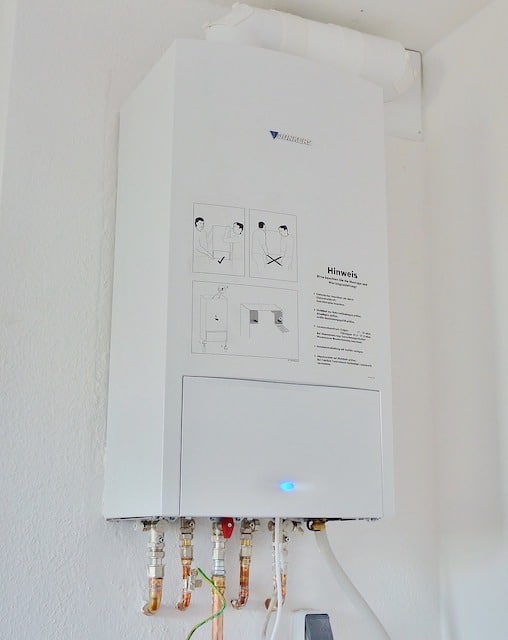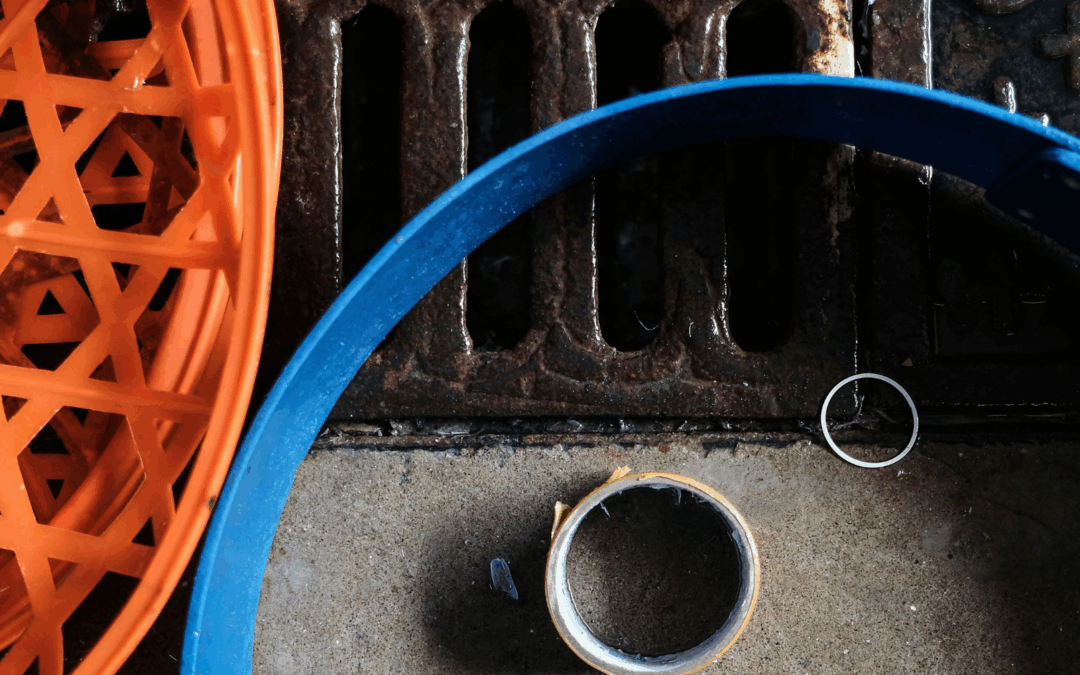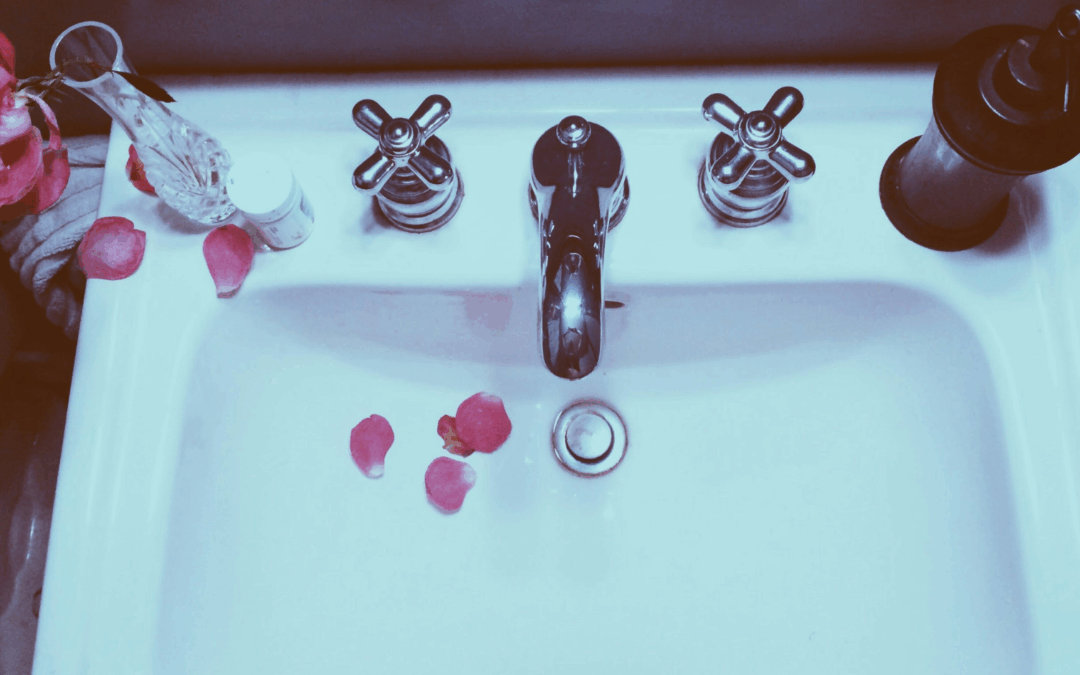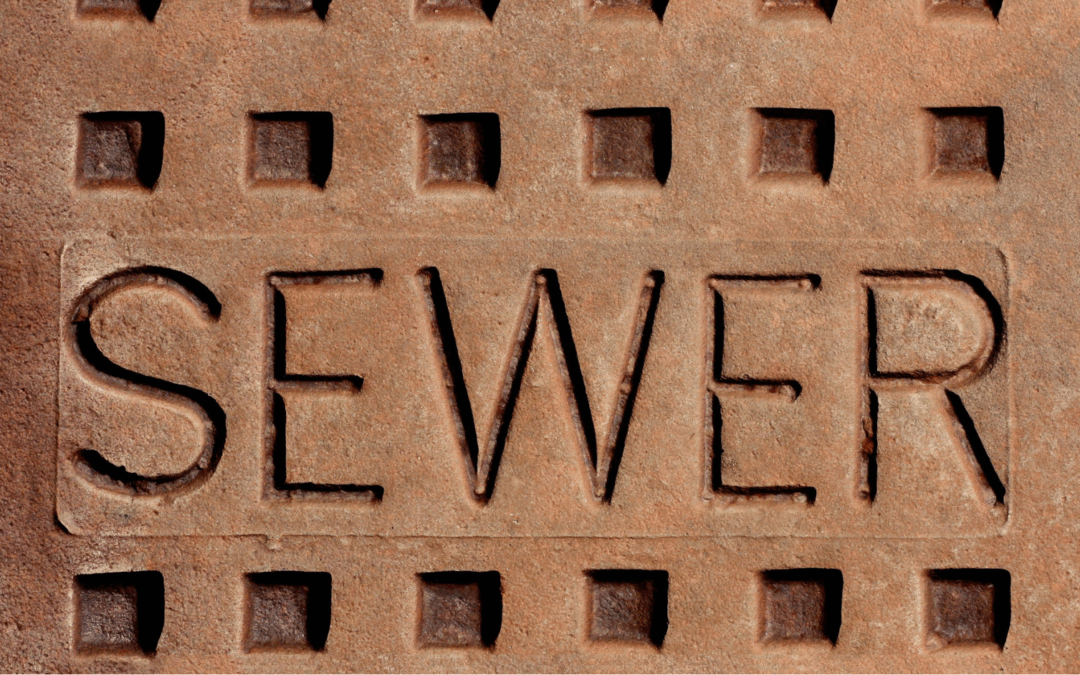When the time comes to replace your water heater, the number of options can be overwhelming. How do you choose the right one for your home? Well most home use a 50-gallon water heater. Is this the best option for you? In this blog post, we will discuss the different factors you need to consider when choosing a new hot water heater model.
First Off, Contact A Plumber To Determine What Suits You Best
Schedule Service Online
Get a free estimate so you know what you're signing up for
"*" indicates required fields
For Emergency Services Call: 410-255-9300
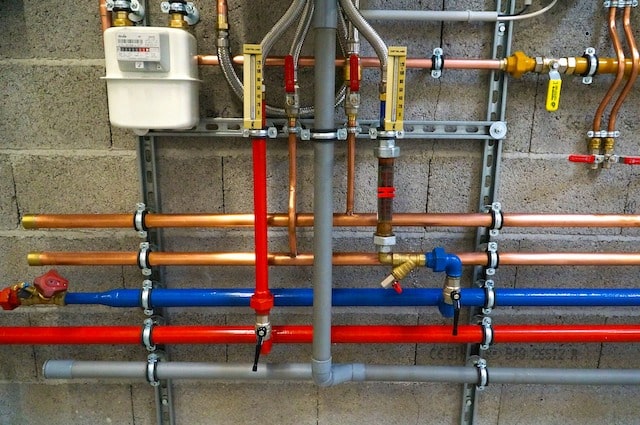
A plumber is a great resource when it comes to choosing a new water heater. They can help you determine the best size and type of water heater for your home. They can also provide you with a list of recommended models. Once you have gotten enough information from your plumber, you will need to focus on the factors below.
Consider Your Home’s Water Usage
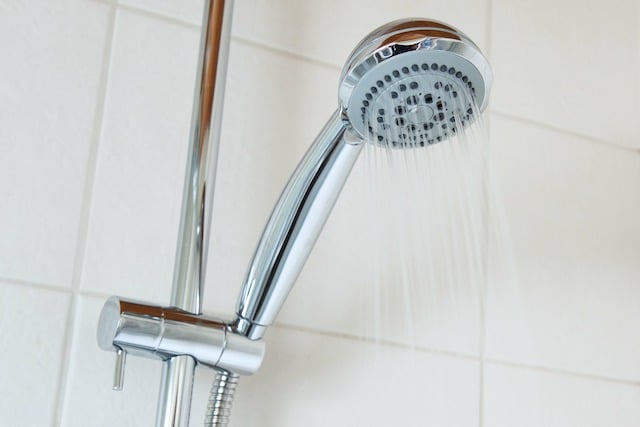
The first factor you need to consider is how much hot water you use on a daily basis. This will help you determine the size of water heater you need. If you have a large family or if you use a lot of hot water, then a 50-gallon water heater might feed your needs. However, if you live alone or have a small family, then a smaller unit will suffice.
Tank vs. Tankless Water Heaters
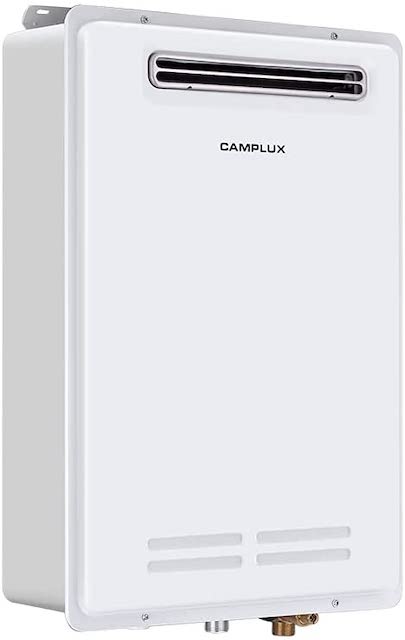
Tank and tankless water heaters are the most common, but there are several types of water heaters to select from, including heat pumps and solar-powered ones.
- Storage tank water heaters are large metal cylinders that store hot water and maintain it on reserve for when you need it. Because they are generally about 60 inches tall by 24 inches wide and have a capacity of 40 to 60 gallons, they are commonly installed in a basement or laundry room. A tank water heater is less energy-efficient since it needs to constantly run to maintain the desired tank temperature.
- Tankless water heaters (also called “on-demand” water heaters) operate on demand and turn on only when hot water is needed. The system is more compact—typically 20″ wide by 28″ long by 10″ deep—and more efficient without a holding tank since it does not store a reserve of hot water (or compensate for its future heat loss). Traditional water heaters are typically less expensive than tankless ones; however, tankless models last longer: a regular water heater lasts 10 to 13 years, whereas a tankless water heater can survive 20 years or more.
Fuel Type
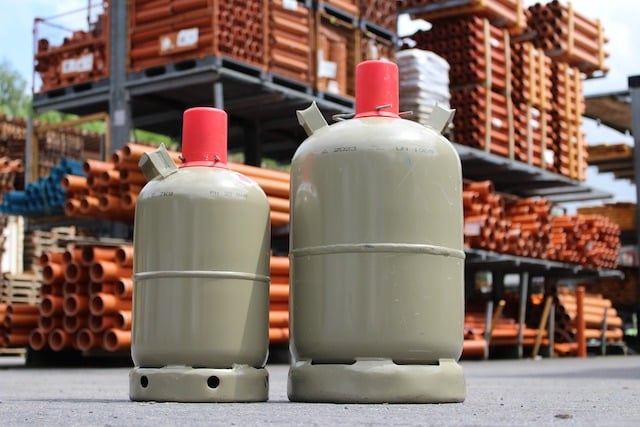
Another factor to consider when picking a water heater is the fuel source. There are numerous types of hot water heaters available for each fuel type, and they all have particular compromises and benefits:
Natural Gas Water heater: Gas water heaters are great for heating water quickly because they heat it up fast. However, they require venting via a chimney or wall.
Propane Water Heater: The same ventilation requirements apply to propane water heaters as for natural gas; however, they require a storage tank and regular fuel deliveries.
Oil Water Heater: Water heaters that rely on oil produce hot water more quickly than any other technology, but fewer types are available.
Electric Water Heater: Although electric water heaters are simple to set up and do not require special venting, they consume more energy than other energy sources.
Direct vs. Indirect-Fired Water Heaters
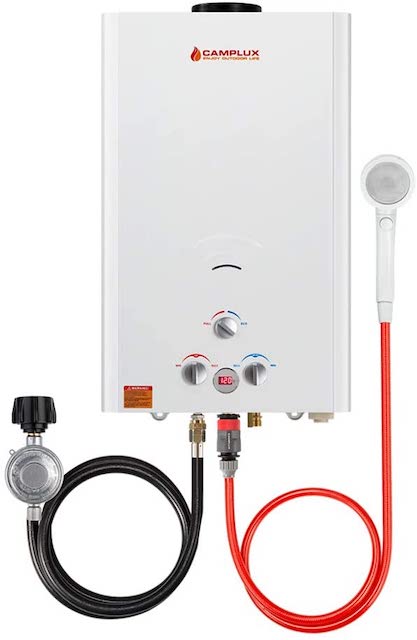
Water heaters can also be classified as direct-fired or indirect-fired, regardless of whether they are tank or tankless.
Direct Fired: Direct-fired implies that the water in the tank is heated directly by a flame; these types are mostly utilized in homes with warm air furnaces. In direct-fired heaters, fuel is burned in a combustion chamber beneath the water storage tank, and flue gases subsequently heat water.
Indirect Fired: Indirect-fired is used to describe water heaters that get hot water from a boiler or furnace and then heat it using a heat exchanger in the storage tank. The energy stored in the storage tank makes it possible for the heater to turn on and off less frequently, which can save both energy and money.
EF Ratings
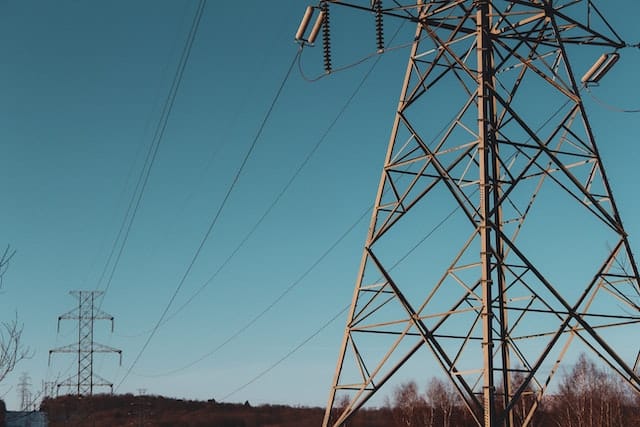
Energy factor ratings were created by the US Department of Energy to compare the energy efficiency of various goods. The EF scale for water heaters ranges from 0.5 to 2.0, with gas storage tank heaters at the bottom and electric heat pump models at the top. The higher the EF, the more energy-efficient the water heater. The EF number considers the following factors:
- Recovery Efficiency: How efficiently the heat is applied to the water.
- Standby Loss: The percentage of heat loss per hour for the stored water.
- Cycling Loss: The heat loss as the water circulates through the unit.
On April 16, 2015, new water heater efficiency laws were adopted under the National Appliance Energy Conservation Act (NAECA). All new water heaters must meet significantly higher energy efficiency standards. The advantage is that any new water heater will use less energy and save you money.
Need Help Selecting And Installing A Water Tank? Contact MD Sewer And Plumbing!

If you’re still not sure about what type or size of water heater is right for your home, or if you need help with the installation process, don’t hesitate to reach out to our experts at MD Sewer And Plumbing. We offer a wide range of plumbing services to residents in Baltimore and beyond, and we would be more than happy to help you select and install the perfect water heater for your needs. Submit a request online or Give us a call today!

